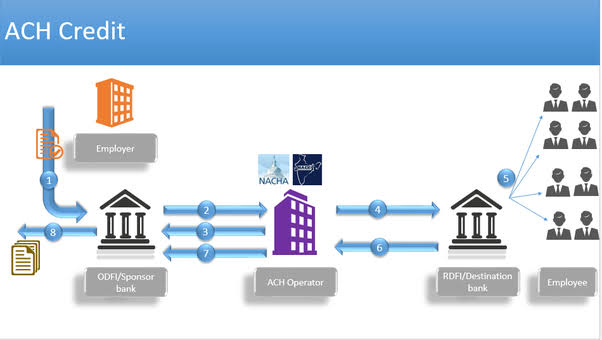A guide to IMPS - Immediate Payment Service - Banking Info for Exams
Immediate Payment Service (IMPS) is a remittance service through which one can transfer money anytime, anywhere across India.
Objectives of IMPS
- To enable bank customers to use mobile instruments as a channel for accessing their banks accounts and remit funds
- Making payment simpler just with the mobile number of the beneficiary
- To sub-serve the goal of Reserve Bank of India (RBI) in electronification of retail payments
- To facilitate mobile payment systems already introduced in India with the Reserve Bank of India Mobile Payment Guidelines 2008 to be inter-operable across banks and mobile operators in a safe and secured manner
- To build the foundation for a full range of mobile based Banking services.
IMPS basically involves a transfer mechanism using the mobile phone. A host of banks allow the transfer through this mechanism including the reputed banks like State Bank of India, ICICI Bank and Axis Bank. Here is the limit is set by the bank. For example, State Bank of India permit only one beneficiary in a calendar day. Which means one cannot send money through IMPS for more then one beneficiary in a day.
How does IMPS work?
For Customer to customer to transfer, bank account holders need to register with their respective banks first. The bank then issue issues a unique seven digit number called mobile money identifier (MMID) and Mobile Banking Personal Identification Number (MPIN) to the customer.To facilitate mobile payments, customers need to feed receiver’s mobile number, MMID, the amount to be remitted and MPIN. After the transaction, both parties get SMS confirmation. At present, consumers can transact up to Rs 50,000 through IMPS everyday.
IMPS Transaction Charges
For amount upto Rs10,000 is Rs 2.5 For range of Rs10,000 to Rs 1,00,000 is Rs 5 Range Rs1,00,000 to Rs 2,00,000 is Rs 15 However, there is additional service tax applicable to all the amounts transferred.Benefits Of Using IMPS
- IMPS fund transfer service has transformed the way people undertake online transactions. It offers an array of benefits to users with mobiles and online/mobile banking services activated for their respective bank accounts.
- The widespread adoption of smartphones and the Digital India vision of the government are all in sync with the features and benefits of IMPS.
- Additional Reading: Why You Should Give UPI & BHIM A Chance
- Instant Fund Transfer: You can transfer funds in real time with IMPS. All you need is the account number and mobile number of the participants. It really works in the blink of an eye.
- Easy Process: Not only is the process instant, but also user-friendly. You need to add beneficiary details just like you do for NEFT/RTGS and wait for it to get active. Some banks allow you to transfer funds to a new beneficiary in as little as 30 mins. Keep the name, account number, IFSC or MMID (Mobile Money Identifier) Code, bank account type, details of the beneficiary, etc. handy for quick addition.
- Round The Clock: Time is never of concern with IMPS money transfer system. Whether you are chilling in the Bahamas, scaling the Himalayas, or pulling a graveyard shift, you can transfer funds using IMPS from anywhere and at any time. The service is available 24×7. Yes, Sundays, public holidays, and dry days too.
- Money Transfer Channels: You can choose the IMPS method to transfer money using net banking, mobile banking, ATMs or SMSs.
- In spite of the technological boom, you might at times find yourself without internet connectivity. There are many pockets bang in the middle of metro cities that are devoid of an internet connection. In this case, you can transfer funds using the old-fashioned SMS.
- Open To All: Resident, as well as non-resident Indians, can use this service to transfer money.
- Security First: IMPS money transfer is a safe and secure way of transferring funds to your friends, family or bootlegger. The banks undertake various authentication checks before giving the transaction a ‘GO’. But if you punch in the wrong beneficiary details then the fault is solely yours.
- A mistake is highly unlikely because banks match the account number with the IFSC code. Even if one is wrong, your transaction will get declined and funds will get transferred back to your account in case of a debit. If you do manage to send money to the wrong beneficiary account, you must get in touch with the beneficiary bank for a refund.



Comments
Post a Comment